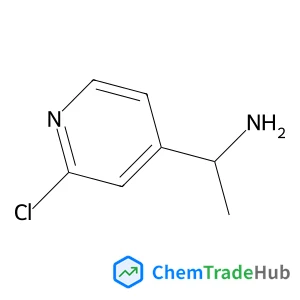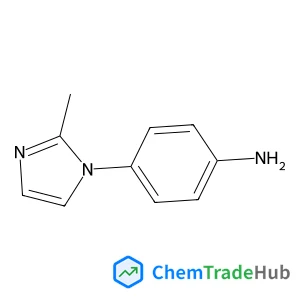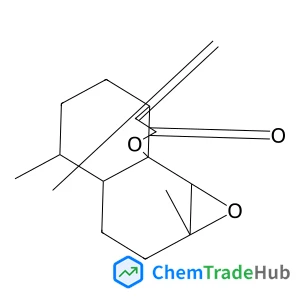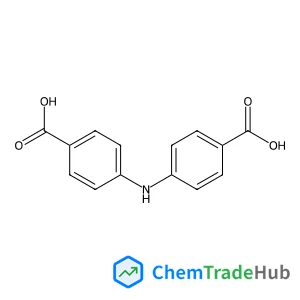Liquid marble – a high-yield micro-photobioreactor platform
文献情報
Nhat-Khuong Nguyen, Du Tuan Tran, Ann Chuang, Pradip Singha, Gregor Kijanka, Michele Burford, Chin Hong Ooi, Nam-Trung Nguyen
Liquid marbles are liquid droplets coated with micro/nano particles. Liquid marbles have been used as a micro reactor platform for various applications. This paper demonstrates the use of a transparent liquid marble as a micro-photobioreactor for microalgal culture, with the advantages of high light transmissivity and large surface area. We monitored the growth rate of Chlorella vulgaris in this platform and compared it with controls grown in conventional culture flasks. The results indicate that significant culture yield improvement was achieved. The liquid marble-based platform provides a 30-fold increase in maximum cell density. These results open up new possibilities for the liquid marble as a novel photo-microreactor platform for various applications.
関連文献
IF 6.222
Front coverIF 6.843
Electrocatalytic cleavage of lignin model dimers using ruthenium supported on activated carbon clothIF 6.367
Nickel-containing N-doped carbon as effective electrocatalysts for the reduction of CO2 to CO in a continuous-flow electrolyzerIF 6.367
Three-terminal III–V/Si tandem solar cells enabled by a transparent conductive adhesiveIF 6.367
Development of wound healing scaffolds with precisely-triggered sequential release of therapeutic nanoparticlesIF 6.843
Sugar ketals as a platform molecule to overcome the limitation of converting biomass into green-hydrocarbons in a typical refineryIF 6.367
Triboelectric nanogenerators for a macro-scale blue energy harvesting and self-powered marine environmental monitoring systemIF 6.367
Strong circularly polarized luminescence of an octahedral chromium(iii) complexIF 6.222
Interfacial engineering of a polymer–MOF composite by in situ vitrificationIF 6.222
掲載誌
Reaction Chemistry & Engineering
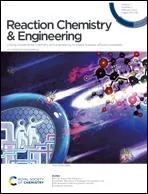
Reaction Chemistry & Engineering is an interdisciplinary journal reporting cutting-edge research focused on enhancing the understanding and efficiency of reactions. Reaction engineering leverages the interface where fundamental molecular chemistry meets chemical engineering and technology. Challenges in chemistry can be overcome by the application of new technologies, while engineers may find improved solutions for process development from the latest developments in reaction chemistry. Reaction Chemistry & Engineering is a unique forum for researchers whose interests span the broad areas of chemical engineering and chemical sciences to come together in solving problems of importance to wider society. All papers should be written to be approachable by readers across the engineering and chemical sciences. Papers that consider multiple scales, from the laboratory up to and including plant scale, are particularly encouraged.
おすすめサプライヤー
 Edelstahlservice Sulz GmbH
Edelstahlservice Sulz GmbH Aylward Europe, GmbH
Aylward Europe, GmbH 涟水县依顺環保有限公司
涟水县依顺環保有限公司 LGC株式会社
LGC株式会社 興acenファルマテック株式会社
興acenファルマテック株式会社 高邮市光明化工厂
高邮市光明化工厂 軒諾科(泰興)薬物開発有限公司
軒諾科(泰興)薬物開発有限公司 苏州三易聚合化学科技有限公司
苏州三易聚合化学科技有限公司 Bureau Veritas Consumer Products Germany GmbH
Bureau Veritas Consumer Products Germany GmbH ズッ إليンフロンティア化学科技有限公司
ズッ إليンフロンティア化学科技有限公司










